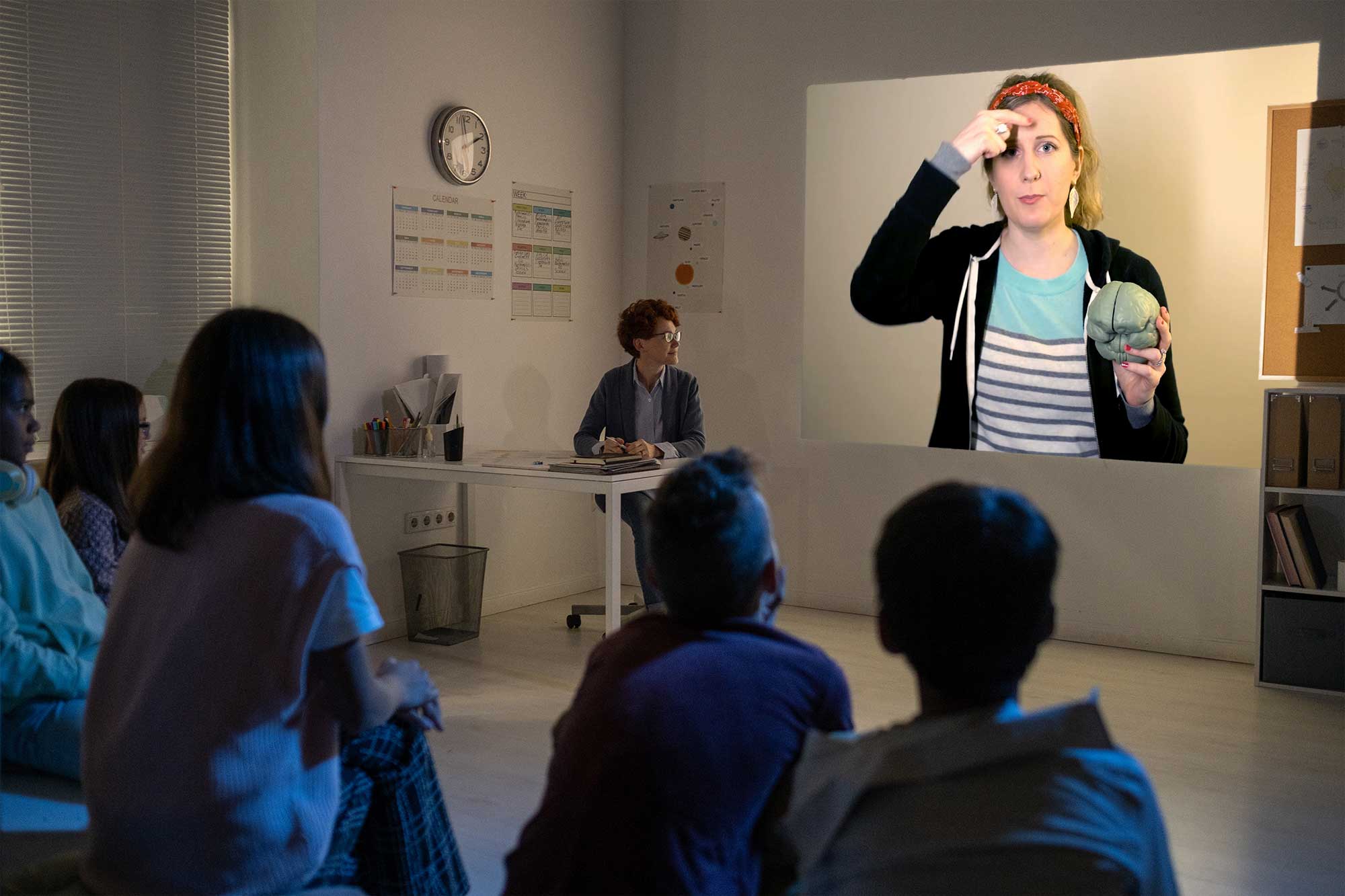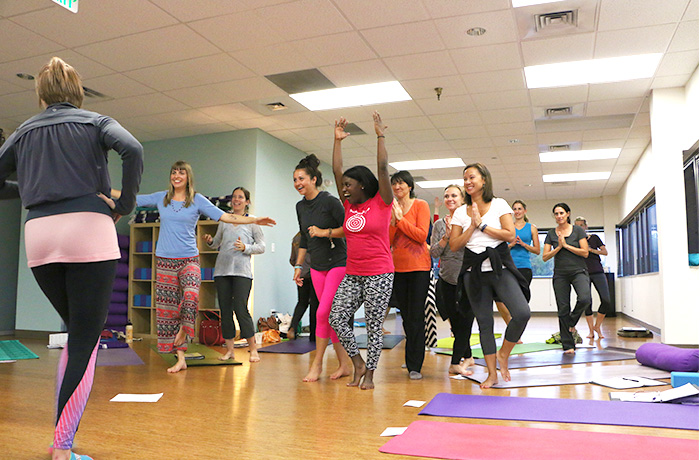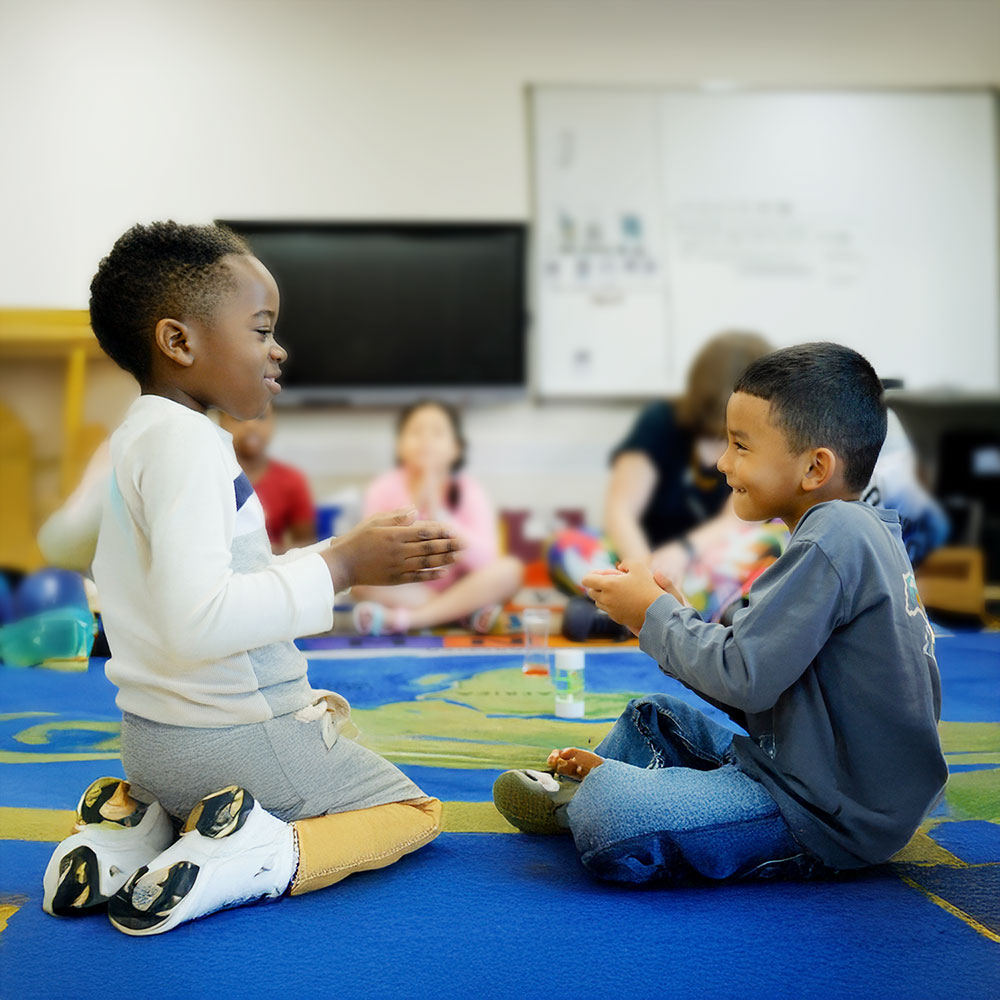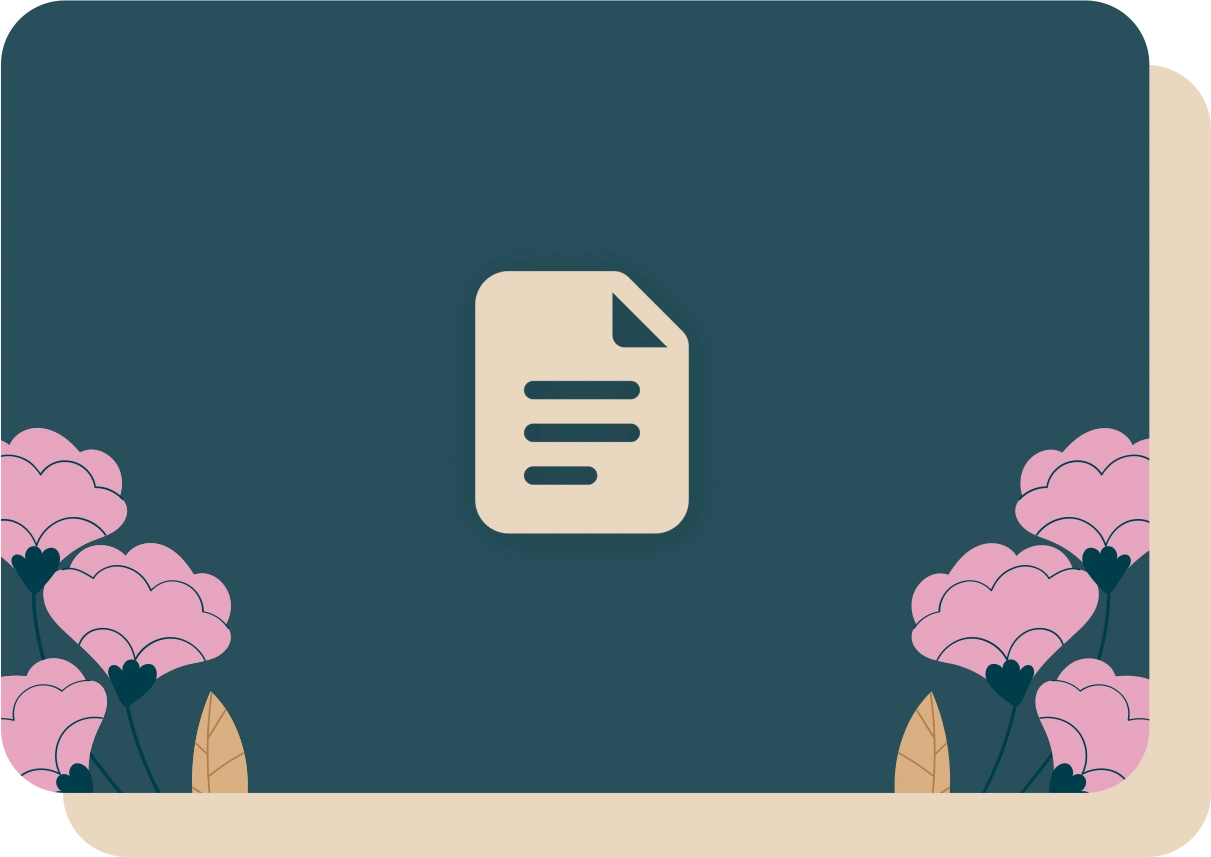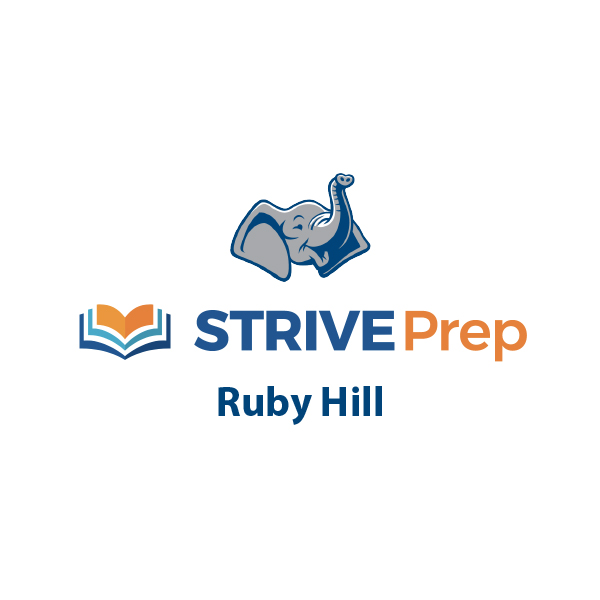Simple, Playful Tools for Handling Big Emotions
Accessible, research-backed emotional regulation skills for kids and adults to feel calm now and stronger for the future.
Roots Up supports families, schools, hospitals, and youth organizations in teaching children how to regulate their emotions, restore balance, and build resilience using the mind–body tools they already have inside them.
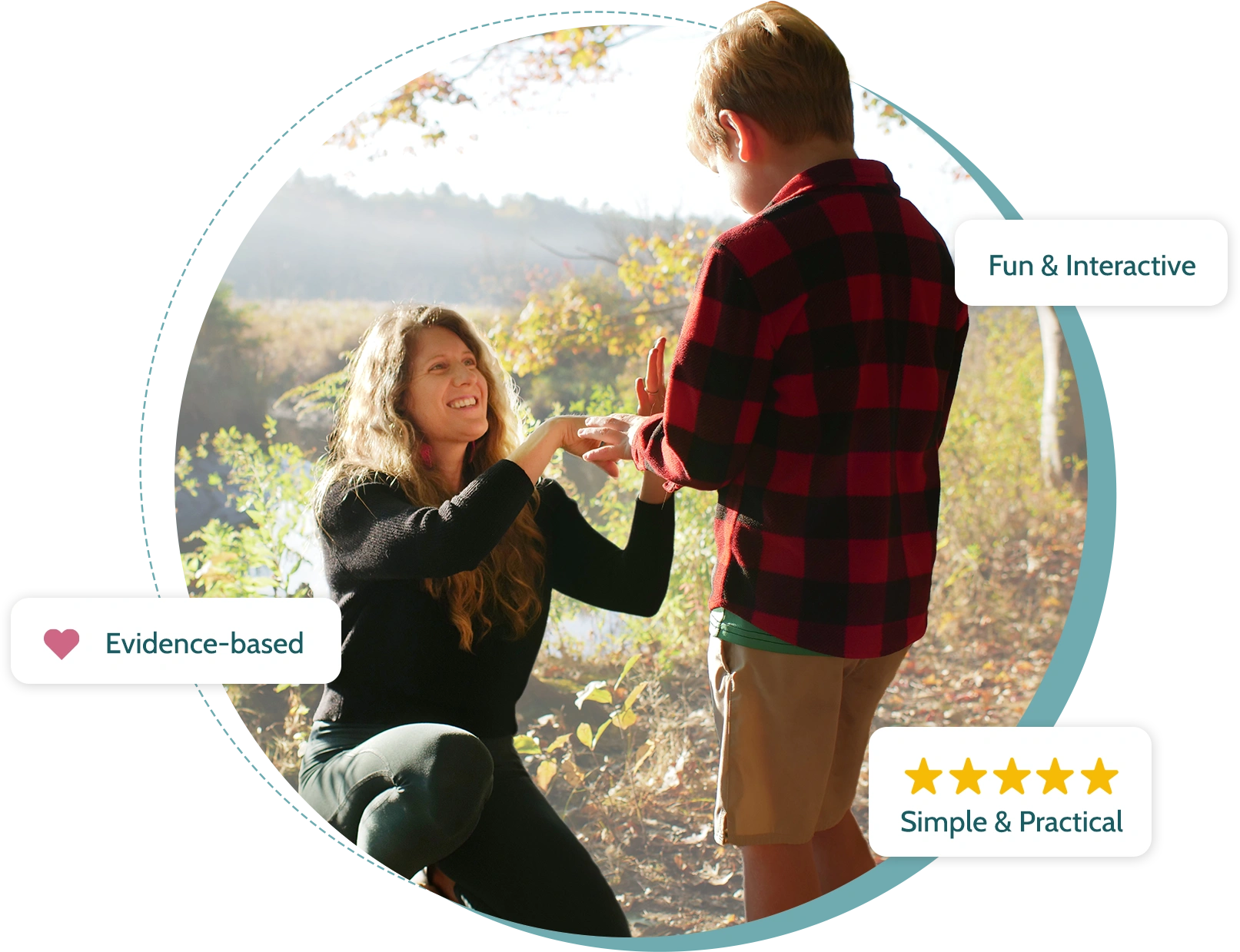
Gentle, Proven Tools That Grow With Kids
Big feelings and meltdowns can feel so overwhelming – for children and the adults supporting them.
At Roots Up, every class and resource is designed to support the nervous system and nurture resilience. Together, we’re building lifelong skills – one breath, wiggle, and stretch at a time.
Free Tools for Calmer, Happier Days
Sometimes, a quick pause is all it takes to help with dysregulation. Explore our free tools designed to bring more ease to everyday moments.
Real Stories from Kids, Parents & Educators
Hi, I’m Julie Campilio
I’ve often felt like I carried more anxiety than the world around me, never quite feeling like I fit in. Over time, I discovered mind-body tools that helped me regulate my emotions and navigate life with a confidence I didn’t know was possible.
After becoming a parent, I learned that both my son and I are Autistic and ADHD, a discovery that reframed my story and deepened my purpose. Drawing on my personal journey and two decades of working with children from all backgrounds and learning styles, I created evidence-based programs to help kids, families, and educators navigate big emotions and strengthen emotional regulation skills.
Today, I share the tools I once longed for as a child, equipping children and the adults who care for them with playful, practical strategies to regulate emotions, feel grounded, and grow lasting resilience.

Hi, I’m Julie Campilio
I’ve often felt like I carried more anxiety than the world around me, never quite feeling like I fit in. Over time, I discovered mind-body tools that helped me regulate my emotions and navigate life with a confidence I didn’t know was possible.
After becoming a parent, I learned that both my son and I are Autistic and ADHD, a discovery that reframed my story and deepened my purpose. Drawing on my personal journey and two decades of working with children from all backgrounds and learning styles, I created evidence-based programs to help kids, families, and educators navigate big emotions and strengthen emotional regulation skills.
Today, I share the tools I once longed for as a child, equipping children—and the adults who care for them—with playful, practical strategies to regulate emotions, feel grounded, and grow lasting resilience. My work supports families, schools, hospitals, and organizations in bringing accessible emotional regulation tools to the children in their care.

Trusted by
Top Educational Organizations & Partners
